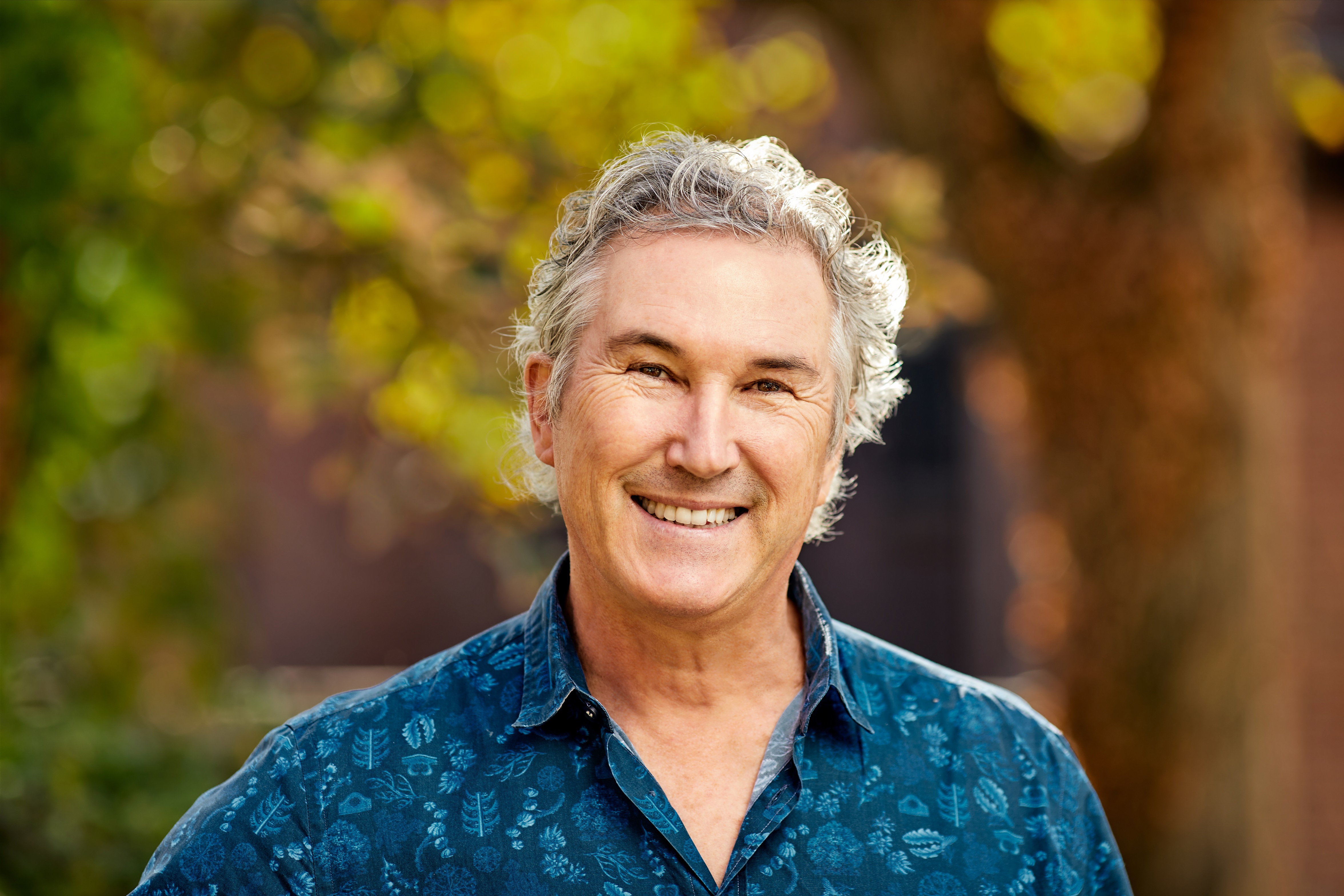On April 13, John Tomasi, inaugural president of Heterodox Academy, will present a lecture titled "Is the Goal of the University to Pursue Knowledge or Social Justice?"
The event takes place from 5 to 7 p.m. in the Memorial Union’s Turquoise Room on the Tempe campus.
“The traditional purpose of the university is the pursuit of truth, with attention to the discovery and dissemination of knowledge. Today, however, many universities seem to have adopted a different mission: the achievement of social justice,” Tomasi says.
He will discuss how these different expectations cause conflicts on campus and beyond.
His lecture is part of the The Civic Discourse Project, a series of lectures that feature some of the country’s most respected public intellectuals and leaders, co-sponsored by the School of Civic and Economic Thought and Leadership and the Sandra Day O’Connor College of Law at ASU.
Registration is now open for in-person attendance, and the event will also be livestreamed on YouTube.
In this lecture, Tomasi will elaborate on how the different contemporary goals of the university relate to each other, how this choice affects the organizational structures of universities and how we can ensure the promotion of viewpoint diversity on the university campus as the foundation necessary for the education and learning of students.
“By defending the principle of viewpoint diversity, we stand up for the principle that every person and group in our society, the weak as well as the strong, has a perspective that matters,” Tomasi said. “By insisting that every voice be heard, we express respect for our fellow citizens. It is a moral principle.”
For well over a decade, we have seen a persistent pattern of claims on campus that ‘I shouldn’t hear other points of view because they’re despicable, they’re immoral or they’re just wrong.'
— Paul Carrese, founding director of the School of Civic and Economic Thought and Leadership at ASU
This commitment to intellectual diversity is also at the forefront at the School of Economic Thought and Leadership, through the school’s academic offerings, K–12 civic education programs and The Civic Discourse Project.
“For well over a decade, we have seen a persistent pattern of claims on campus that ‘I shouldn’t hear other points of view because they’re despicable, they’re immoral or they’re just wrong,’” said Paul Carrese, founding director of the School of Civic and Economic Thought and Leadership at ASU. “There are some kinds of discourse on university campuses that are not appropriate, but within that set of parameters, there is an enormous amount of thinking and debating to do.”
In the April 13 lecture, Tomasi will discuss the role of higher education institutions in providing spaces for divergent opinions, and how this affects America’s political environment.
“(The school) supports the mission of Heterodox Academy to promote intellectual diversity and the open exchange of ideas in the classroom, in public forums and in faculty research at the university,” said Carol McNamara, associate director of public programs at the School of Civic and Economic Thought and Leadership. “We invited John Tomasi to enhance the conversation at (the school) and ASU about the importance of viewpoint diversity.”
John Tomasi, president of Heterodox Academy.
Before joining Heterodox Academy, Tomasi taught and wrote about political theory and public policy at Brown University, where he held the position of Romeo Elton 1843 Professor of Natural Theology. At Brown, he founded and directed the Political Theory Project, an independent research center that supports scholarship and encourages political dialogue on campus.
Tomasi is the author of “Liberalism Beyond Justice: Citizens, Society and the Boundaries of Political Theory” (Princeton University Press, 2001) and “Free Market Fairness” (Princeton University Press, 2012), as well as several scholarly articles. He completed his graduate work in political philosophy at the University of Arizona (MA) and Oxford University (Bachelor of Philosophy and Doctor of Philosophy). Tomasi currently holds an appointment at the University of Arizona’s Center for the Philosophy of Freedom, where he is a university associate and research professor.
The School of Civic and Economic Thought and Leadership is an academic unit inside The College of Liberal Arts and Sciences at Arizona State University. Founded in 2017, the school combines liberal arts education with outside-the-classroom learning experiences to prepare students for leadership roles in the public and private sectors. The school hosts a robust public programming schedule in its Civic Discourse Project, which addresses the pressing issues of our times and is aired on Arizona PBS. All lectures are free, open to the public and available for viewing at scetl.asu.edu and on YouTube.
More Law, journalism and politics
Can elections results be counted quickly yet reliably?
Election results that are released as quickly as the public demands but are reliable enough to earn wide acceptance may not…
Spring break trip to Hawaiʻi provides insight into Indigenous law
A group of Arizona State University law students spent a week in Hawaiʻi for spring break. And while they did take in some of the…

LA journalists and officials gather to connect and salute fire coverage
Recognition of Los Angeles-area media coverage of the region’s January wildfires was the primary message as hundreds gathered at…



